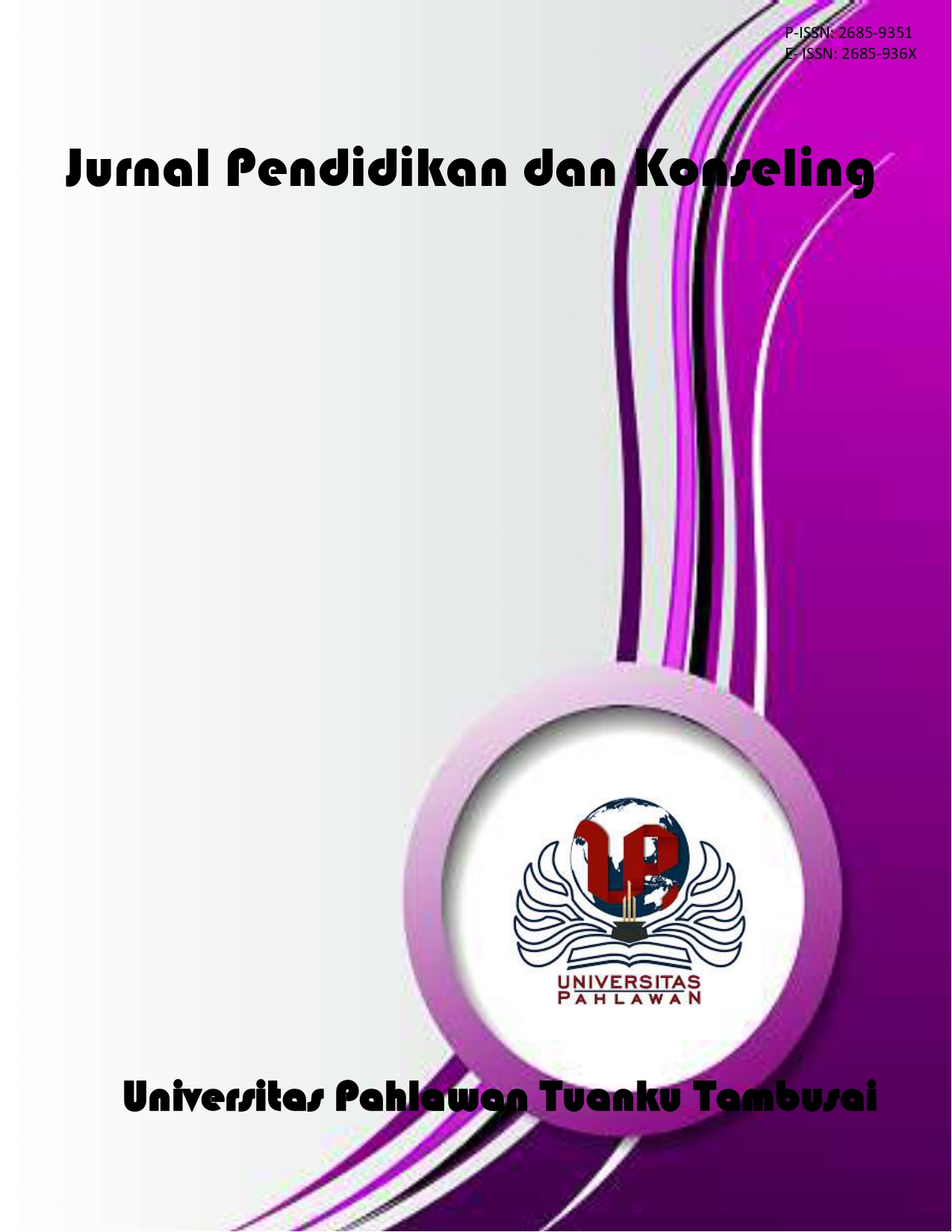The Cooperative Principles For The Class-room Conversation of Semester III Students of Imformatics Management Department at STIKOM Tunas Bangsa Pematangsiantar
DOI:
https://doi.org/10.31004/jpdk.v5i3.15689Abstract
The teacher serving as an instructor in an English Class has to make sure that the class-room conversation ,that is the conversation-training mission for the students, can run as smoothly as expected. If this runs well , the teaching objective, “the students’ English speaking skill” that is applicable in their workfield after graduation, can be achieved. For the purpose, cooperative principle, whose maxims will pave the way to the teaching goal, provides the speakers with what to do to satisfy each other. The maxims lead the speakers to provide the information required by each, at the stage at which it occurs by the accepted purpose of the talk exchange in which the speakers are engaged (Yule,1996: 37) Keywords: conversation, cooperative principle, maxims.Downloads
Published
2023-06-20
How to Cite
Fitri, F. R., Sari, I. P. ., Sormin, R. K. ., & Susiani, S. (2023). The Cooperative Principles For The Class-room Conversation of Semester III Students of Imformatics Management Department at STIKOM Tunas Bangsa Pematangsiantar. Jurnal Pendidikan Dan Konseling (JPDK), 5(3), 350–355. https://doi.org/10.31004/jpdk.v5i3.15689
Issue
Section
Articles
License
Copyright (c) 2023 Fitri Rizki Fitri, Ika Purnama Sari, Rizky Khairunnisa Sormin, Susiani Susiani

This work is licensed under a Creative Commons Attribution-ShareAlike 4.0 International License.
Authors retain copyright and grant the journal right of first publication with the work simultaneously licensed under a Creative Commons Attribution-ShareAlike 4.0 International License that allows others to share the work with an acknowledgement of the works authorship and initial publication in this journal. Authors are able to enter into separate, additional contractual arrangements for the non-exclusive distribution of the journals published version of the work (e.g., post it to an institutional repository or publish it in a book), with an acknowledgement of its initial publication in this journal. Authors are permitted and encouraged to post their work online (e.g., in institutional repositories or on their website) prior to and during the submission process, as it can lead to productive exchanges, as well as earlier and greater citation of published work (See The Effect of Open Access).





.png)










